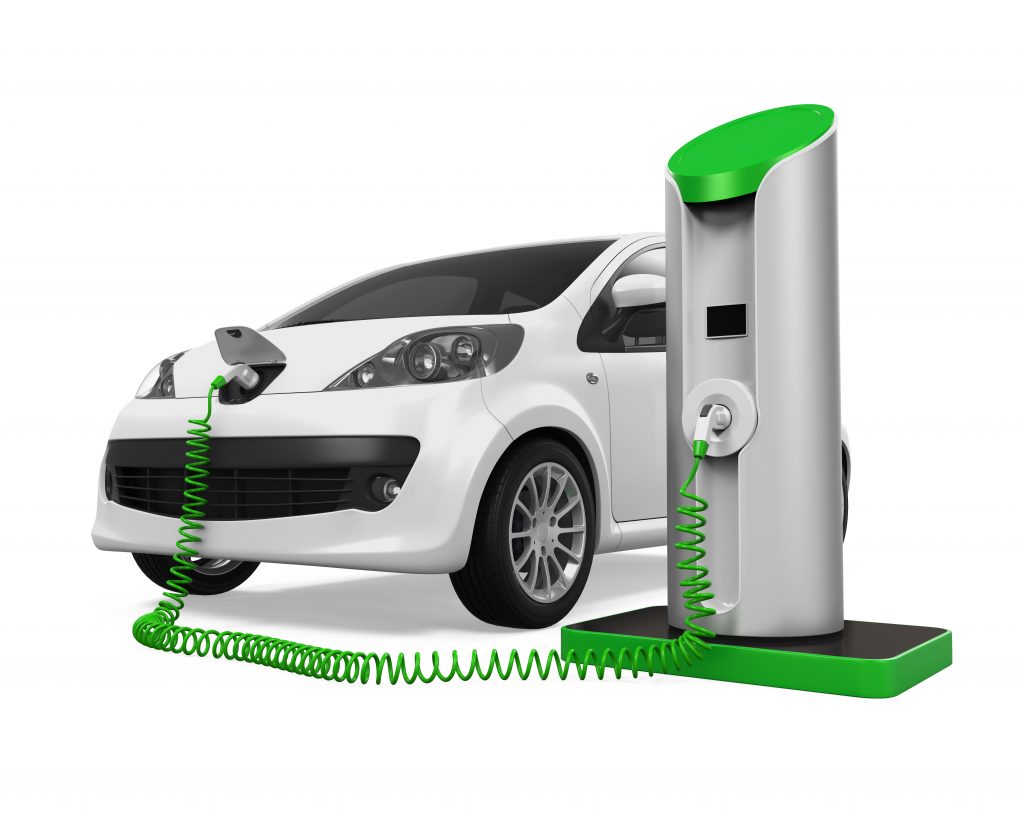Octopus Energy and the National Grid have teamed up to produce a report that highlights four of the main benefits of switching to an electric vehicle.
Titled ‘Full Charge: Electric Vehicles and a Decarbonised Future’, the report gives drivers easy access to key stats and information, and is also designed to dispel some of the myths associated with EVs.
-
EVs are easy to use and fun to drive
A common barrier to EV take-up is range anxiety where drivers fear they will run out of power before reaching a destination or charge point. However, technological advances in battery technology mean the average range of an EV is now 215 miles between charges, whilst the average daily journey in the UK by car is just 20 miles. This means a home charger will suffice for day-to-day charging and the public charging network can be used when you need to travel longer distances. Overall, there are 26,000 public charge points and in England you are never further than 25 miles from one.
Coupled with this is how fun EVs are to drive now. Their motors deliver instant torque and have rapid acceleration. For example, the Tesla Model 3 can accelerate from 0-60mph in about three seconds.
-
EVs are cost effective and increasingly affordable
Another common myth about EVs is that they are a lot more expensive than petrol or diesel cars. However, Octopus Energy said that the lifetime cost of an EV is now generally lower than an internal combustion engine (ICE) vehicle. This is because EVs require less maintenance and have lower running costs. In 2020, the average lifetime maintenance and repair costs for an EV was 2.3p per mile, 2.2p for a plug-in hybrid and 4.5p for an internal combustion engine. Over the course of the year this equates to a £575 lifetime saving compared to what you spend with an internal combustion engine equivalent.
Those considering making the switch to an EV also receive more financial support through subsidies. In 2021, these include plug-in grants, reduced parking charges, urban exemption charges and home charging schemes.
-
EVs are better for the environment
Currently, surface transport accounts for 22% of the UK’s greenhouse gas emissions and so switching to an all-electric vehicle can drastically help cut this. As they do not emit any toxic exhaust gases such as nitrogen oxides or hydrocarbons, this will improve air quality in urban environments.
-
EVs help support a decarbonising grid
Smart charging, flexible electricity tariffs and innovative technology, such as Vehicle-to-Grid, are enabling EVs to support the broader transition towards a smarter and more sustainable grid.
Octopus Energy said: “Smart chargers in combination with a smart meter can communicate with the EV, the electricity grid and the market, to increase, decrease or reschedule charging depending on the information received.” EV drivers can then choose the ‘greenest’ or ‘cheapest’ time to charge, which supports decarbonisation because you can charge overnight when there is plenty of renewable electricity available.
The flexible tariffs offer cheaper electricity during specific times of the day so that usage shifts to those times. Suppliers charge EV owners less in the early hours of the morning, which studies have shown reduces household demand in peak hours by as much as 15%. Vehicle to Grid (V2G) technology is serving to decarbonise the grid by feeding electricity from an EV back into the grid when the grid needs it most.
